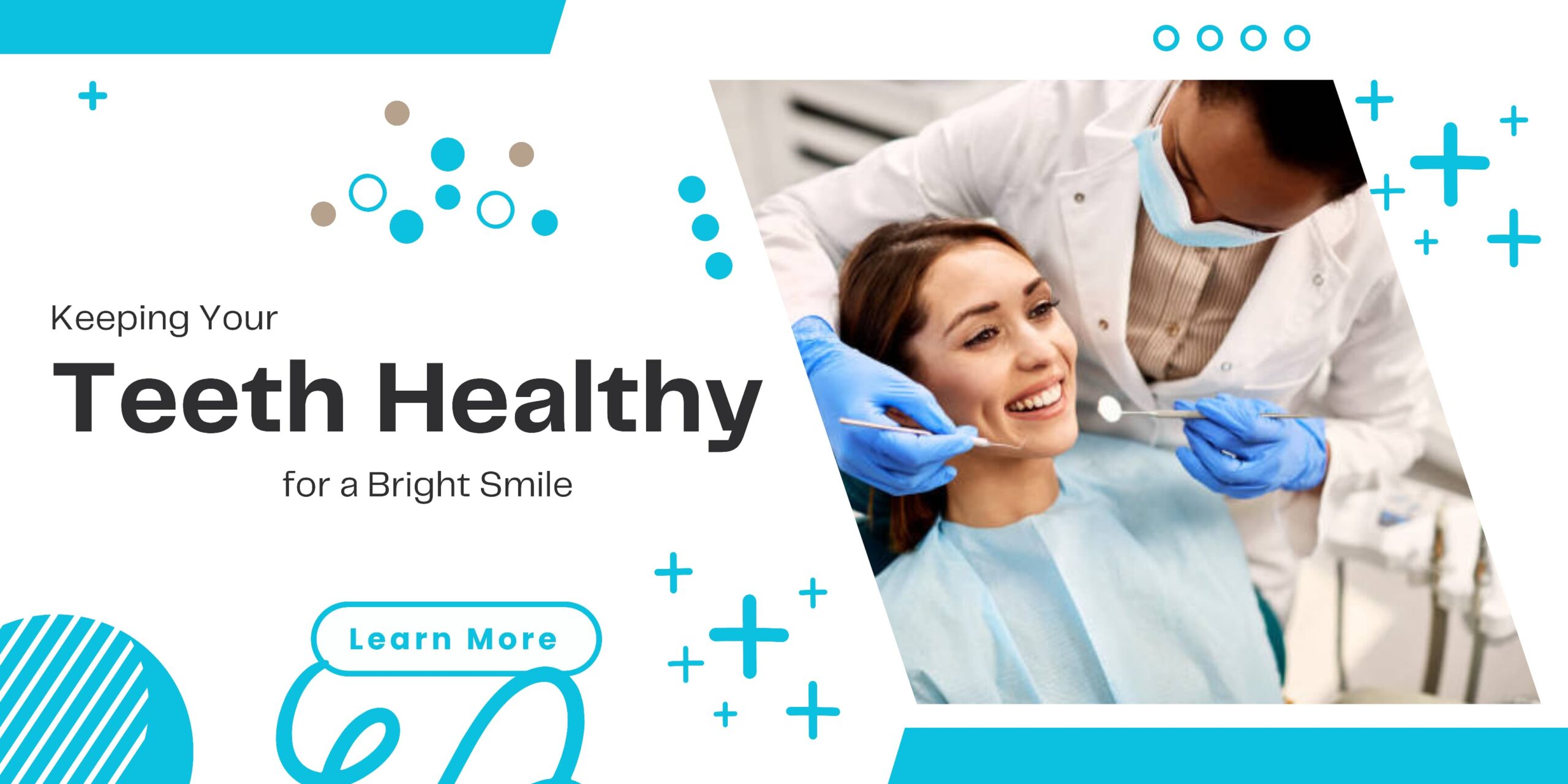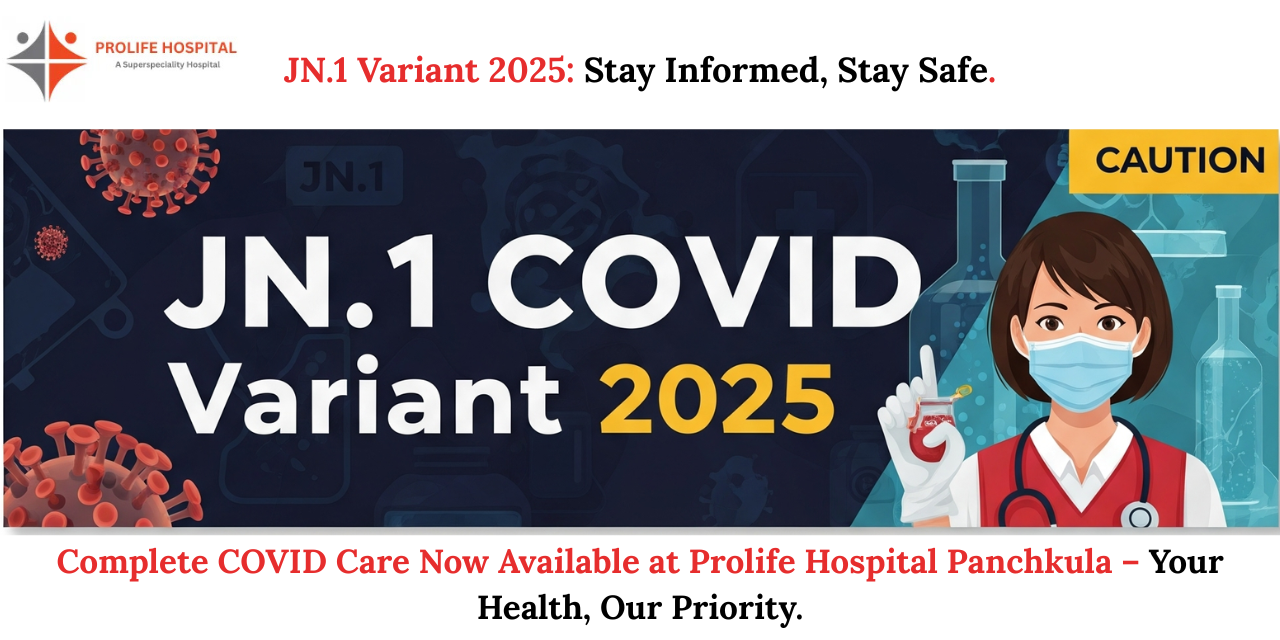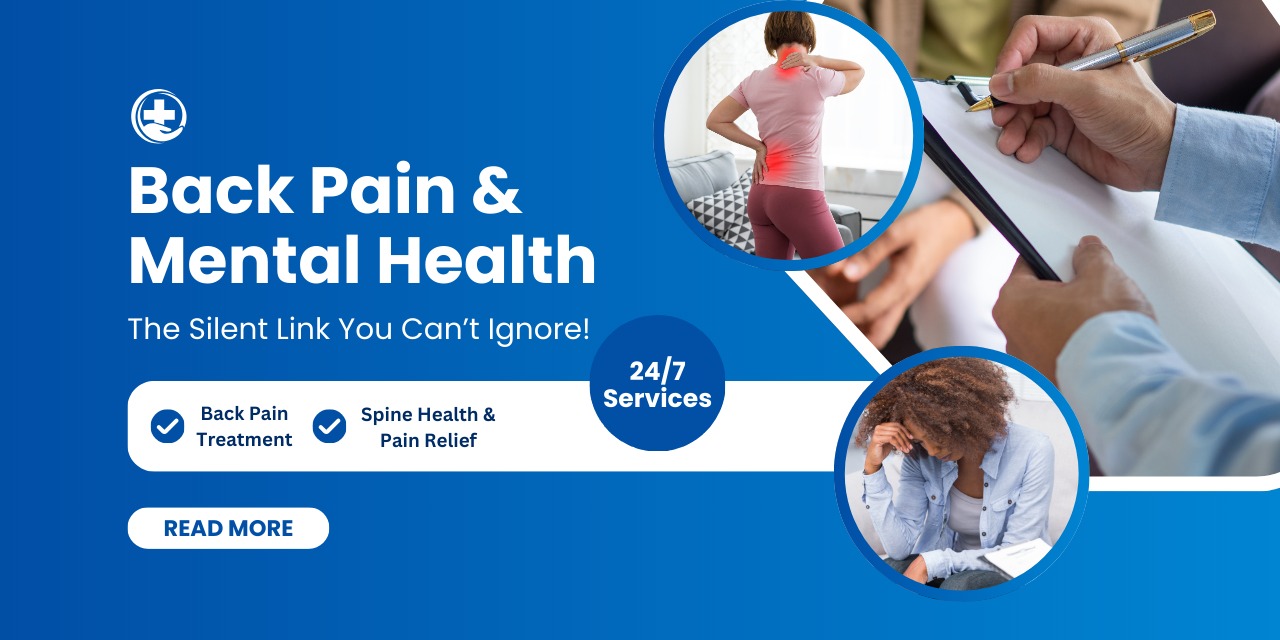Maintaining a healthy smile is crucial not only for aesthetic reasons but also for overall well-being. Proper dental care helps prevent common issues such as cavities, gum disease, and tooth loss. By adopting a few simple practices, you can keep your teeth safe and ensure they remain healthy for years to come. This article will explore essential tips for safeguarding your teeth and achieving a radiant smile.
1. Brush Your Teeth Regularly
Brushing your teeth is the cornerstone of good oral hygiene. Dental Services in Zirakpur, like those offered by the American Dental Association (ADA), recommend brushing your teeth twice a day with fluoride toothpaste. This practice helps remove plaque—a sticky film of bacteria that forms on your teeth and can lead to cavities and gum disease. Use a soft-bristled toothbrush and brush for at least two minutes each time, ensuring you clean all surfaces of your teeth.
How to Brush Effectively:
- Use a pea-sized amount of toothpaste.
- Position your toothbrush at a 45-degree angle to your gums.
- Gently move the brush back and forth in short (tooth-wide) strokes.
- Brush the outer surfaces, inner surfaces, and chewing surfaces of all teeth.
- Don’t forget to brush your tongue to remove bacteria and freshen your breath.
2. Floss Daily
Flossing is essential for cleaning the areas between your teeth and under the gumline that a toothbrush cannot reach. Daily flossing helps prevent plaque buildup and reduces the risk of gum disease and cavities. It also helps to keep bad breath at bay.
Flossing Tips:
- Use about 18 inches of dental floss, winding most of it around your middle fingers.
- Gently slide the floss between your teeth using a rubbing motion.
- Curve the floss around each tooth and slide it beneath the gum line.
- Use a clean section of floss for each tooth to avoid transferring bacteria.
3. Use Mouthwash
Incorporating mouthwash into your oral hygiene routine can provide additional protection against plaque, gingivitis, and bad breath. Mouthwash contains ingredients that help kill bacteria, strengthen enamel, and freshen breath. Choose a mouthwash that is approved by the ADA and suits your specific needs—whether it’s for plaque control, breath freshening, or sensitivity.
How to Use Mouthwash:
- Pour the recommended amount into the cap.
- Swish the mouthwash around your mouth for 30 seconds.
- Avoid eating or drinking for 30 minutes after use for maximum effectiveness.
4. Maintain a Healthy Diet
What you eat has a significant impact on your dental health. A balanced diet rich in vitamins and minerals supports strong teeth and gums. Focus on consuming:
- Calcium-rich foods: Dairy products like milk, cheese, and yogurt, as well as leafy greens and almonds, help build and maintain strong enamel.
- Vitamin C-rich foods: Fruits and vegetables such as oranges, strawberries, and bell peppers support gum health and help prevent gum disease.
- Crunchy vegetables: Carrots, celery, and apples can help clean teeth naturally and stimulate saliva production, which helps neutralize harmful acids.
Limit sugary and acidic foods and drinks, as they can erode tooth enamel and contribute to cavities. If you do consume sugary or acidic foods, try to brush your teeth afterward or rinse your mouth with water.
5. Visit Your Dentist Regularly
Regular dental check-ups are crucial for maintaining good oral health. Your dentist can identify and address potential issues before they become serious problems. Typically, it is recommended to visit the dentist every six months for a thorough cleaning and examination.
What to Expect During a Dental Visit:
- Professional Cleaning: A dental hygienist will remove plaque and tartar buildup from your teeth.
- Examination: Your dentist will check for signs of cavities, gum disease, and other oral health issues.
- X-Rays: Periodic X-rays may be taken to detect issues not visible during the examination.
6. Protect Your Teeth
If you play contact sports or grind your teeth at night, consider using protective gear. Mouthguards can shield your teeth from injuries and reduce the risk of damage. If you’re prone to bruxism (teeth grinding), talk to your dentist about getting a custom-made night guard.
7. Avoid Harmful Habits
Certain habits can damage your teeth and negatively impact your oral health.
- Chewing on ice or hard objects: This can crack or chip your teeth.
- Using your teeth as tools: Opening packages or bottles with your teeth can cause damage.
- Smoking or using tobacco products: These can lead to gum disease, tooth discoloration, and oral cancer.
Conclusion
Keeping your teeth safe and maintaining a healthy smile requires consistent effort and attention to your oral hygiene routine. By brushing and flossing regularly, using mouthwash, eating a balanced diet, visiting your dentist, protecting your teeth, and avoiding harmful habits, you can enjoy a bright and healthy smile for years to come. For personalized advice and professional care, schedule an appointment with SS Multispeciality Hospital. Start implementing these practices today, and your teeth will thank you with a lasting, radiant smile! For more information or to book an appointment, call us at +919056565533.












